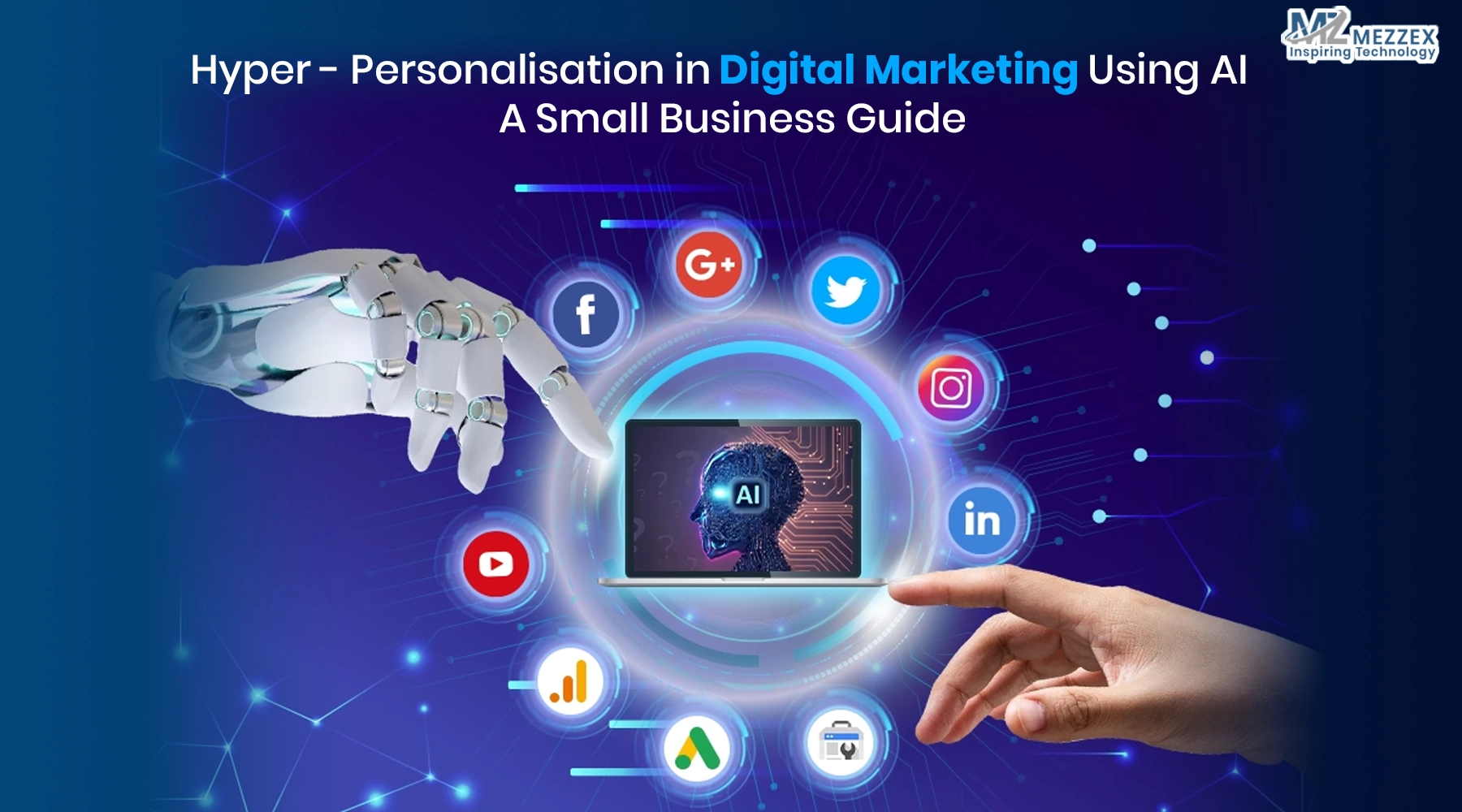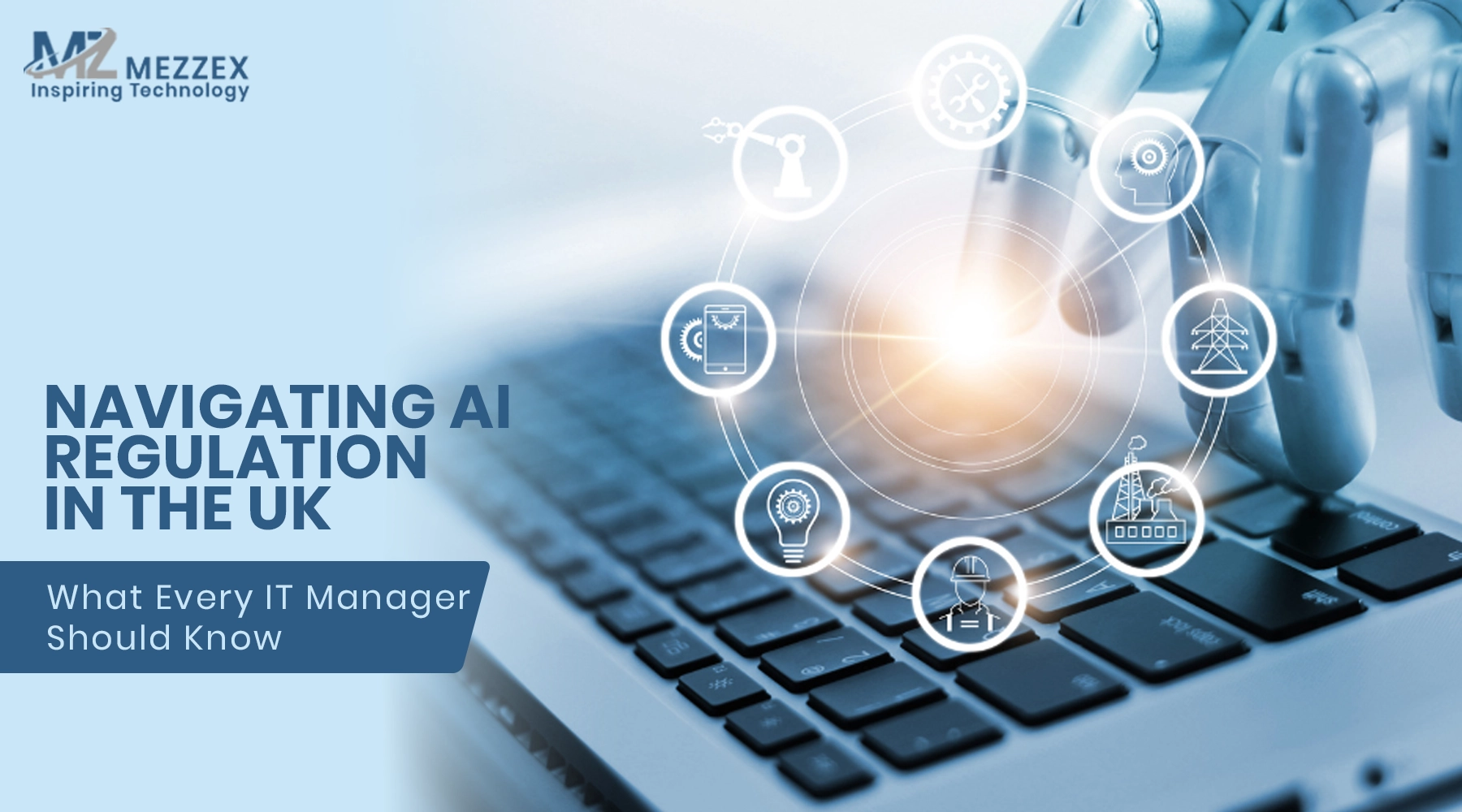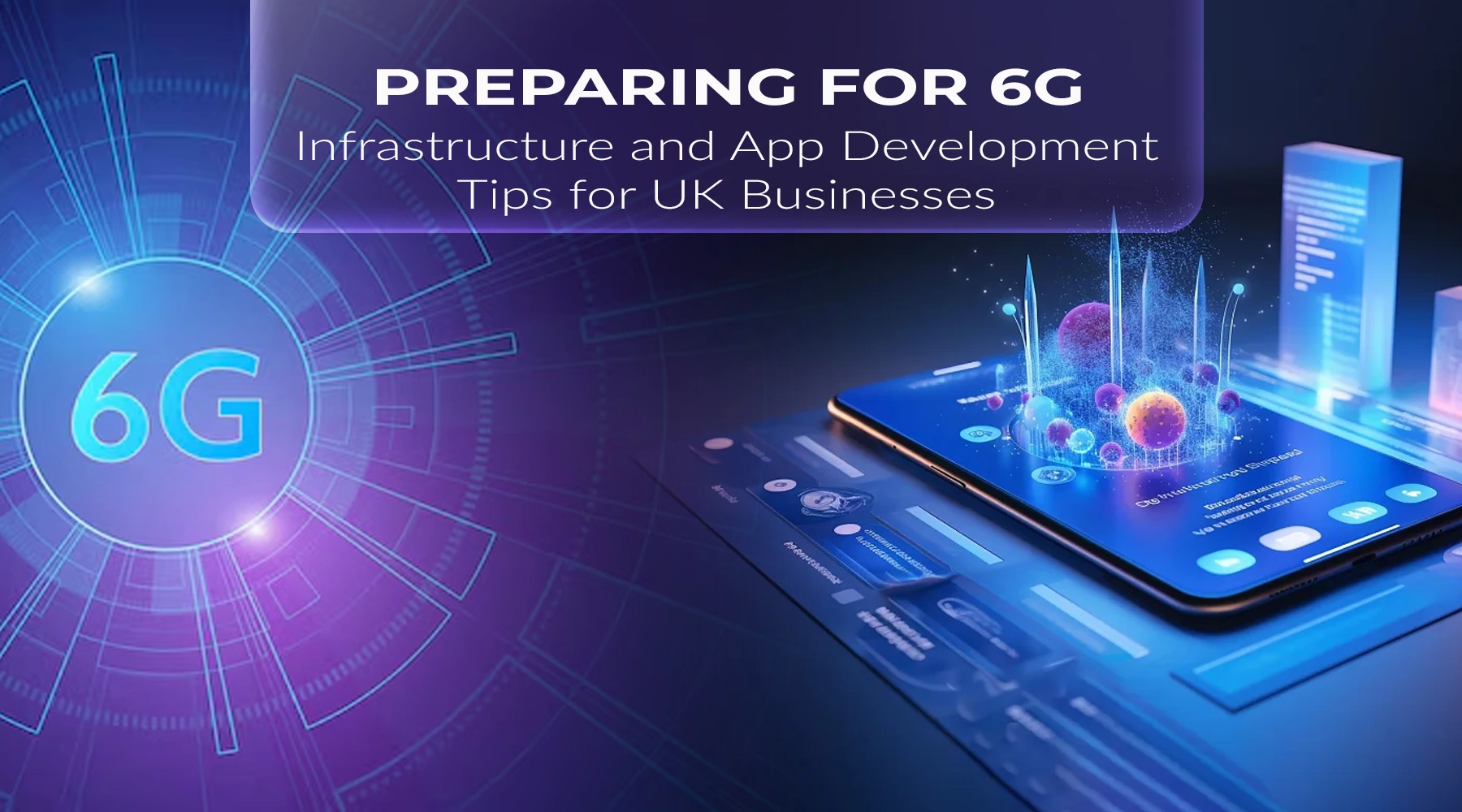
Digital-Marketing
Hyper-Personalisation in Digital Marketing Using AI: A Small Business Guide
Small and medium-sized enterprises (SMEs) across the UK face a constant challenge: how to compete with bigger companies that have deeper budgets and larger teams. Yet, the rise of AI hyper-personalisation in digital marketing offers smaller firms a powerful advantage. By delivering experiences tailored to each individual customer, SMEs can drive loyalty, reduce wasted spend, and accelerate growth. This blog explains how hyper-personalisation works, why it matters for SMEs, and how it can be applied effectively to unlock long-term success.
What AI Hyper-Personalisation Means for SMEs
Clear definition: AI hyper-personalisation uses artificial intelligence to analyse real-time customer data and deliver highly tailored marketing experiences across channels.
Beyond segmentation: Instead of grouping audiences, AI focuses on each customer’s unique behaviour, interests, and purchase patterns.
Why SMEs benefit most: Smaller businesses cannot always compete on scale, but they can win on customer experience. Hyper-personalisation allows SMEs to deliver service that feels as personal as a local shop, but at digital scale.
Direct link to SME growth: By increasing relevance in every customer interaction, SMEs can improve retention, reduce acquisition costs, and strengthen their competitive edge.
How AI Hyper-Personalisation Drives SME Growth
Deeper customer understanding: AI uncovers patterns in browsing, purchasing, and engagement that help SMEs anticipate needs.
Higher conversion rates: Personalised product recommendations, ads, and calls to action align with customer intent, improving purchase likelihood.
Efficient use of budget: With limited resources, SMEs need precision. AI targets only the most receptive audiences, cutting wasted spend.
Customer loyalty and retention: Tailored offers and experiences keep customers engaged for longer, building recurring revenue.
Levelling the playing field: Hyper-personalisation enables SMEs to deliver experiences that rival or exceed those of larger competitors.
Practical Ways SMEs Can Apply AI Hyper-Personalisation
Email campaigns
Personalise subject lines, product offers, and timing for each subscriber.
AI ensures messages land when customers are most likely to open and act.
Websites and ecommerce
Show dynamic product recommendations based on browsing history.
Adapt landing page headlines and offers for different customer segments.
Advertising campaigns
Programmatic ads adjust creatives and placements in real time.
AI bidding strategies maximise return on limited SME ad budgets.
Social media
Automated sentiment analysis shows how customers feel about the brand.
Posting schedules and messaging can be adjusted for maximum engagement.
Content marketing
Blog suggestions and resources adapt to where the customer is in their buying journey.
AI ensures that content feels timely and relevant rather than generic.
Barriers SMEs Face and How to Overcome Them
Budget constraints: Cloud-based AI tools and SaaS platforms mean hyper-personalisation is no longer limited to enterprise firms.
Skills gap: SMEs may lack in-house expertise. Partnering with an agency provides access to specialist knowledge without new hires.
Limited data: AI platforms can generate insights from smaller datasets if they are structured correctly. SMEs can start with website traffic, email lists, or sales records.
Internal resistance: Staff may fear new systems. Demonstrating efficiency gains and showing results quickly helps win confidence.
Regulatory compliance: With GDPR and data protection rules, SMEs must build transparency and accountability into every campaign.
How to Measure Success with AI Hyper-Personalisation
Engagement rates: Monitor changes in open rates, click-throughs, and session duration to see if campaigns resonate.
Conversions: Compare sales or enquiries from personalised campaigns against generic campaigns.
Customer lifetime value: Track whether personalisation increases repeat purchases and long-term customer worth.
Return on investment: Ensure campaigns deliver measurable revenue relative to spend.
Customer satisfaction: Surveys, reviews, and feedback highlight how personalisation impacts brand perception.
The Future of AI Hyper-Personalisation for Small Businesses
Rising expectations: Personalised experiences are becoming a baseline, not a luxury. Customers will expect relevance as standard.
Integrated journeys: SMEs will link websites, ads, emails, and social media through AI, ensuring every touchpoint works together.
Human-AI partnership: AI delivers scale and data analysis, while SMEs retain their brand voice and personal service.
Wider accessibility: Affordable, plug-and-play AI tools designed for SMEs will continue to reduce barriers.
SME growth advantage: Early adopters of AI hyper-personalisation will define customer experience in their sectors, gaining long-term market share.
Consult Us Today
Your customers expect experiences that feel personal. At Mezzex, we help SMEs put AI hyper-personalisation into practice with strategies that improve engagement, conversions, and long-term growth. Our digital marketing services are built to deliver measurable results for small businesses in competitive markets. Speak directly with our team today at +44 121-6616357 or complete our contact form and one of our strategists will respond within 24 hours.
Powered by Froala Editor



